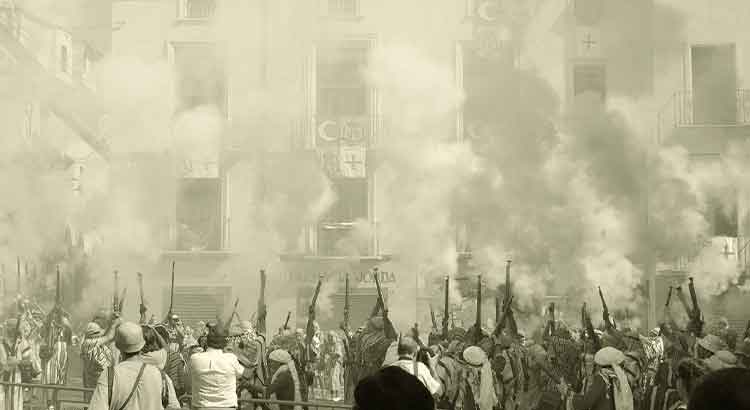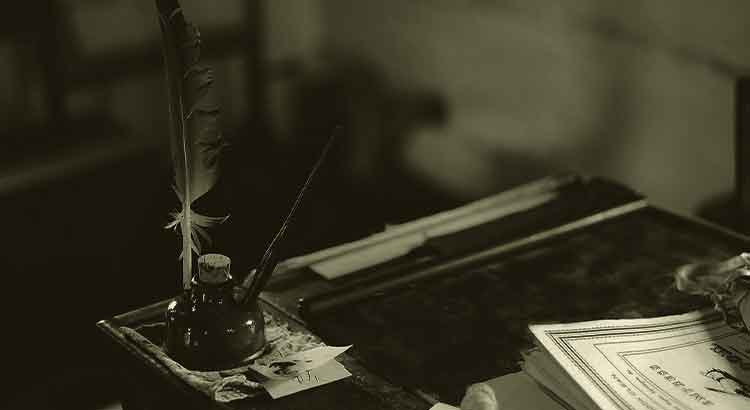It is a remarkable fact that, in order to know who the political agitators of past eras were, we have to resort to works other than those of history. Exceptions to this rule are very rare, and most often apply to the worst examples of the class. Sad fate! And to see that history does not grant a single line, not a single mention to the majority of those who, during their lives, inspired such exalted admiration, directly influencing the so-called public opinion and giving a false impression of importance—which history tries to disprove. From this, only one conclusion can be drawn…
Tag: history
There Is Something Truly Brilliant About Gilberto Freyre
There is something truly brilliant in the way Gilberto Freyre constructs his works. At first, the unclassifiable character of all of them is impressive, that is, the character of a mixture, of works devoted to many, and not only to one science. From the preface, one can already notice an impressive heap of contrasting references, which instigates curiosity about how they will harmonize in the following pages. Then Gilberto Freyre begins his prose, interweaving anthropology and sociology, synthesis and reports, passing from an inventory of customs to historical events, penetrating into the innermost recesses of his characters, and all this pile up slowly forms a complex and vividly colored picture that hardly a purely sociological, anthropological or historiographical work would be able to match. It is as if he methodically changes the shade of the paint after painting several paragraphs with a single color. After many pages, when it is already possible to observe the whole, we feel before a work with historiographical precision, but painted with literary subtlety in the construction of the characters, in the minuteness of details, in the representation of the sociocultural environments that served as background for the historical period approached. It is clear that his works, constructed in this way, cannot please those who are crazy about the objectivity of facts—but these, knowing them, will never be able to interpret them.
Although Historically Pessimism Has…
Although historically pessimism has an incredible success rate, there is no denying that it fails and is unable to see important turning points. To say with Carlyle, history shows a process in which lies are repeatedly buried. The pessimist will say, and perhaps rightly so, that new lies will take their place. But it is clear that there is something beneficial in the process, that is, that a lie, losing its strength, makes room for something new to flourish, something previously prevented by the limiting and coercive action of the false. With this, new possibilities; man wins, and history wins. On the other hand, time really seems to induce a balance between excitement and disenchantment. The prudent thing, therefore, is to set aside extreme judgments.
I Never Cease to Be Impressed…
I never cease to be impressed by the cultural environment experienced and described by men from other times. For me, it is immersing myself in a parallel reality that I would think impossible if there were not so many testimonies in different languages and from different times. Everything seems to point to me that I and my circumstance are the exceptions. Every time I go through these diaries, letters and the like, it is not without a smile on my face that I make my notes. Letters! There are no letters anymore; the epistolary genre has become almost poetic. And to think of all this literature conceived under the smell of ink, feathers, lamps, sturdy furniture… and outside theaters, operas, soirees… is a whole reality that impresses above all by its contrast. Perhaps it is all very well, and it is a privilege to be able to appreciate it with this charm only conferred by time…



